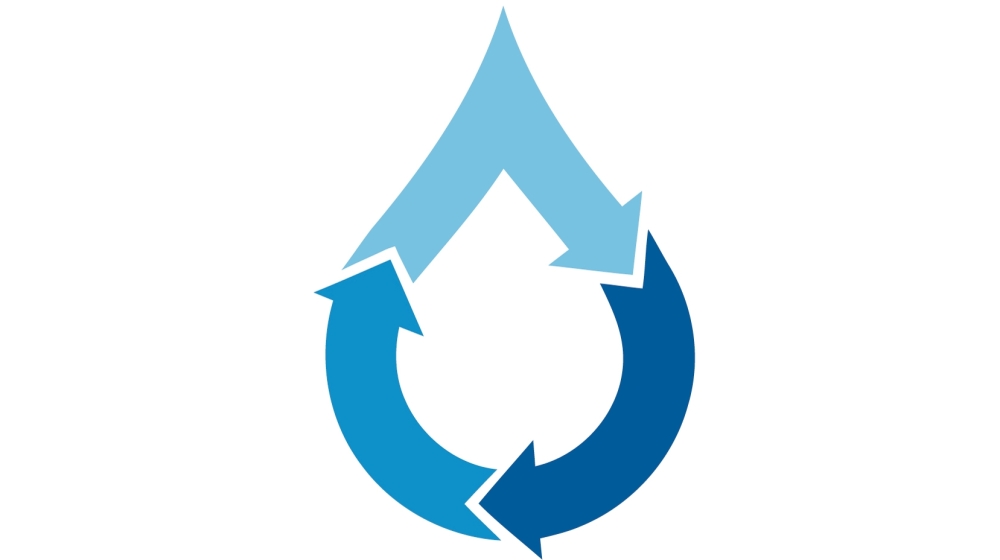

Even as Oman 2040 Vision attaches great importance to ensuring sustainable production and consumption patterns, waste management is a major challenge because of its negative impact on the environment and public health. The government has put in place sustainable waste management practices at par with international standards by establishing the required infrastructure, restructuring the municipal waste collection services, and improving public awareness of waste management.
The future plans of the Sultanate of Oman include the development of systems for sustainable waste management and the efficient and effective use of natural resources, affordable availability and community involvement in the application of waste minimisation.
It also includes recycling practices, and the revival of economy through improved resource productivity and damage reduction, in addition to protecting the environment for present and future generations.
By the end of 2020, there were 10 new engineered landfills in operation at key locations around the country.
An 11th engineered landfill was also reported to be under construction. Complementing this network have been 15 waste transfer stations, which are already operational, with a further five under construction. The First Voluntary National Review of the Sultanate of Oman of the Sustainable Development Goals reveals that the country aims through the National Tertiary-treated Wastewater Reuse Strategy 2040 to expand the development of wastewater treatment plants and extend sewage network lines at a cost of up to $7 billion, averaging $381 million per year.
Modern sewerage collection and disposal infrastructure covers more than 98 per cent of the urban population, and roughly 97% of rural communities as of 2018, the report points out.
Till 2018, there were 68 wastewater treatment plants which produce 94 million cubic metres a year of treated wastewater. About 61 per cent of this is used in agriculture, afforestation, refrigeration, and injection of coastal aquifers.
“It is hoped that the utilisation of total treated water in 2030 raises to around 244 million cubic metres and 338 million cubic metres in 2040”, says the report.
renewable resource
The National Strategy for the Utilisation of Wastewater also includes the mechanisms and programmes related to the utilisation of this renewable resource in the recharge of underground reservoirs and industrial and agricultural uses in order to raise the efficiency of water use in the country.
Solid waste management is among the top priorities of the government which has chalked out a robust strategy to resolve waste management problems in the country. The government is striving to establish engineered landfills, waste transfer stations, recycling and waste-to-energy projects in different parts of the country. Modern solid waste management facilities are under planning in several wilayats, especially Muscat and Salalah. The new landfills will eventually pave the way for closure of authorised and unauthorised garbage dumps around the country.
According to the state-owned Oman Environment Services Holding Company, Be’ah, the government is also ramping up on investments in waste management and reuse capacity. It manages three waste types — municipal, healthcare and hazardous.
A total of six waste management firms have been licensed by be’ah to provide services. The services range from bin and fleet supply, waste collection, transfer and final disposal, to allocation, maintenance and regular sterilisation of bins.
Oman Observer is now on the WhatsApp channel. Click here



